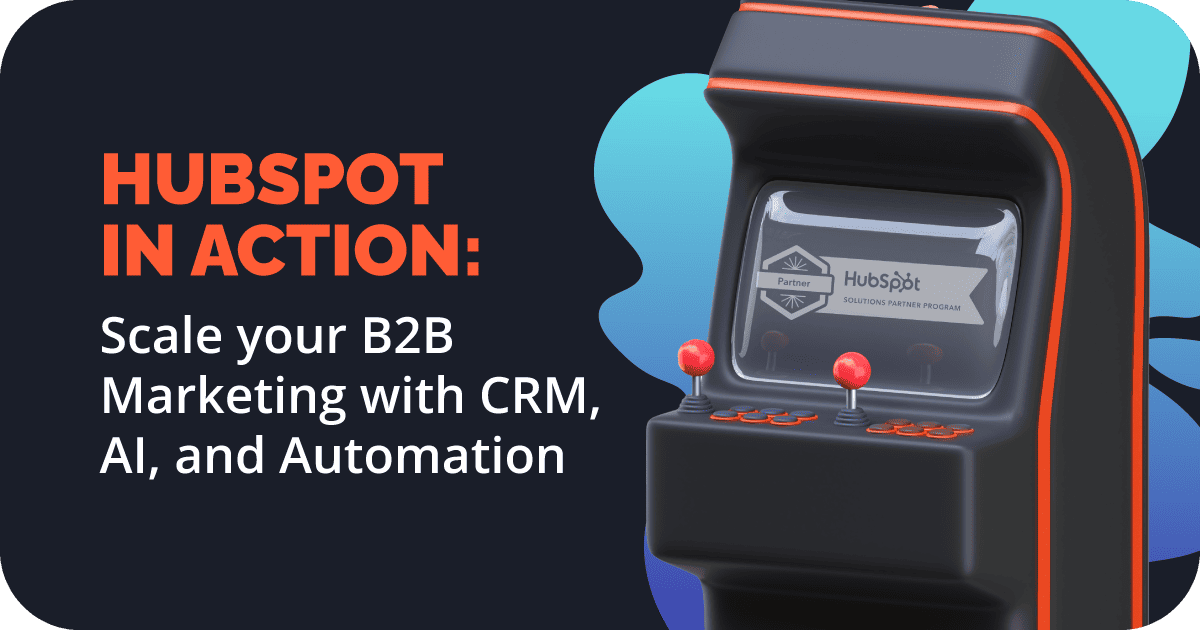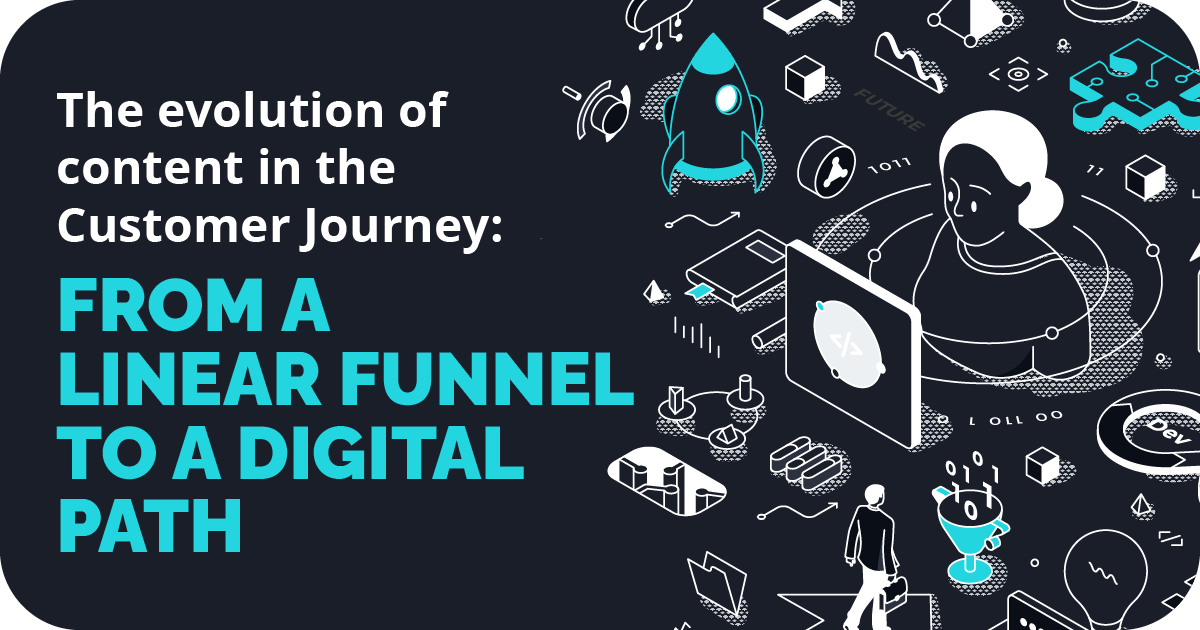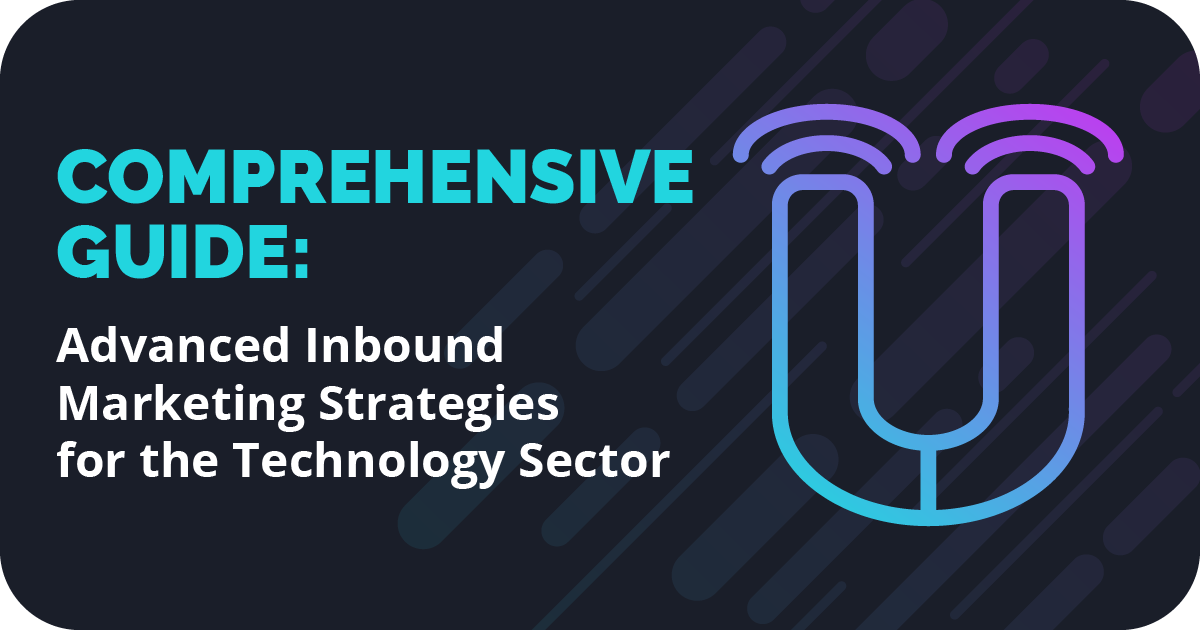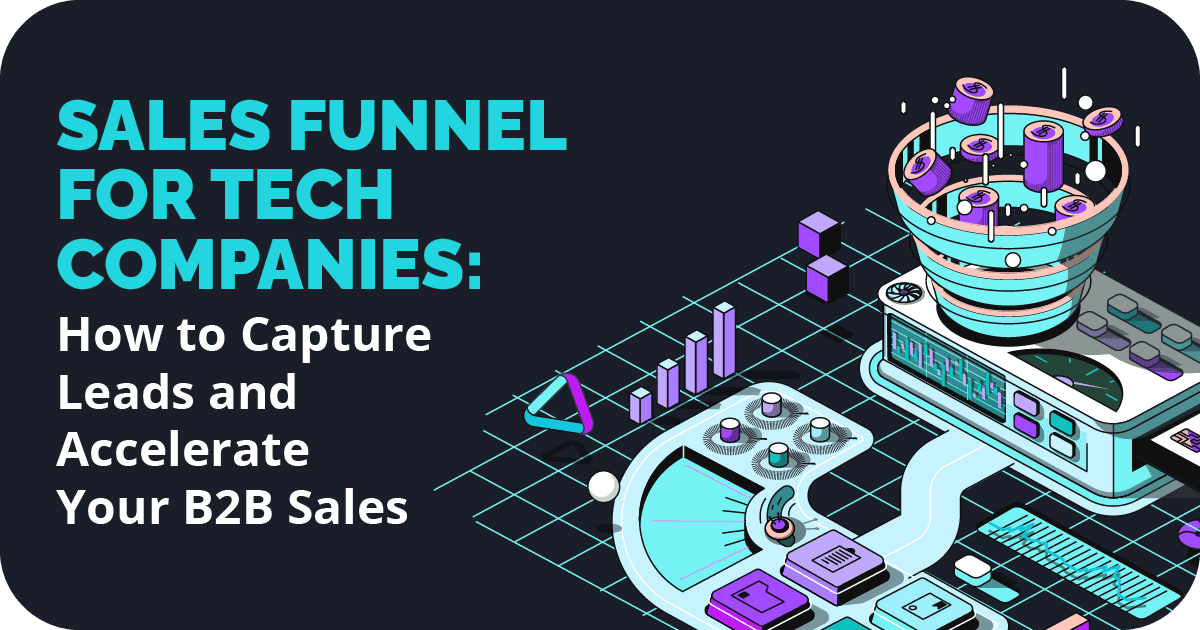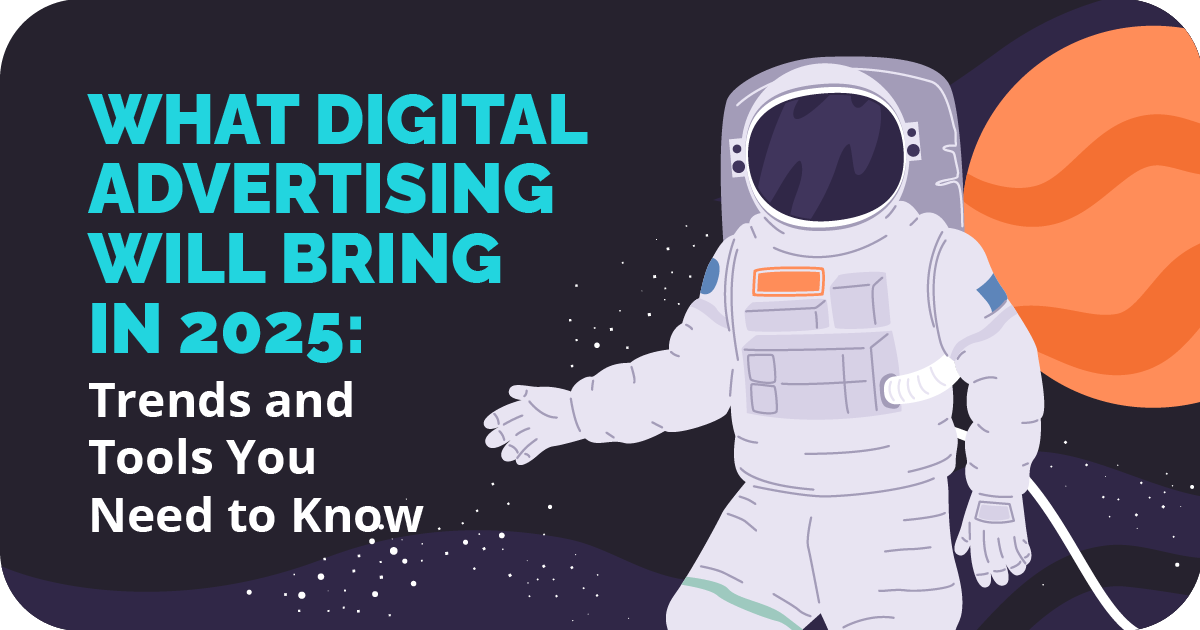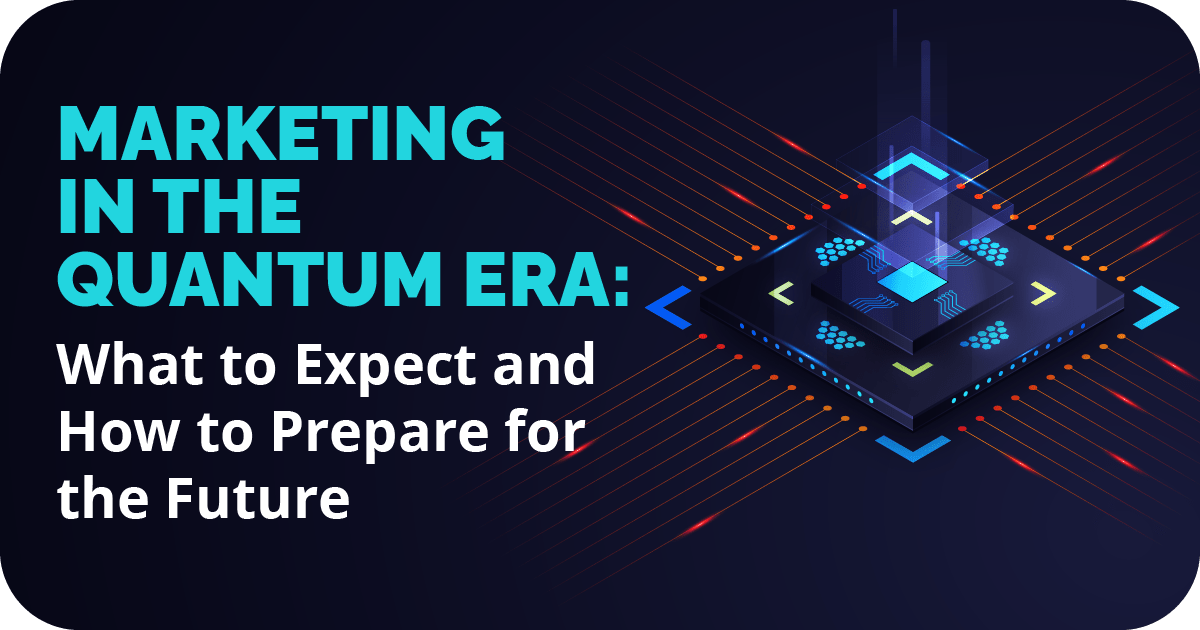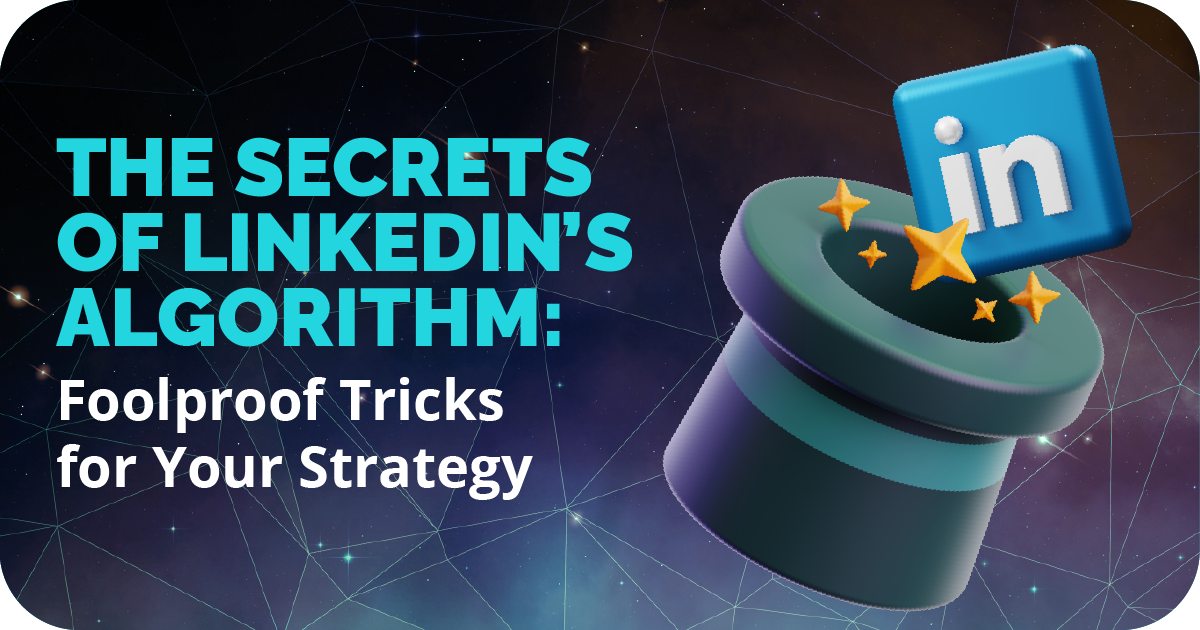9 B2B marketing trends that will drive your business in 2022
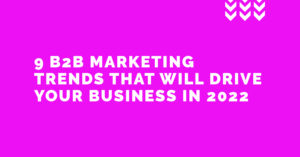 2020 and 2021 were challenging years for society and the global economy, but there is no denying the opportunities created by the digital revolution’s acceleration, particularly for enterprises in the Business to Business (B2B) sector and their sales and marketing areas. According to a McKinsey survey, when the COVID-19 pandemic began, more than three-quarters of vendors and buyers preferred digital access and remote human interaction over face-to-face interaction.
2020 and 2021 were challenging years for society and the global economy, but there is no denying the opportunities created by the digital revolution’s acceleration, particularly for enterprises in the Business to Business (B2B) sector and their sales and marketing areas. According to a McKinsey survey, when the COVID-19 pandemic began, more than three-quarters of vendors and buyers preferred digital access and remote human interaction over face-to-face interaction.
By 2022, digital sales will have surpassed physical sales, making it essential to prepare for online sales and invest in digital assets such as websites, content creation, social media marketing, etc. Based on this assertion, here are nine digital marketing trends based on the last 18 months of significant change, and challenges for the B2B industry.
1. Lead Generation: Involves publishing value-added content and building loyal communities, optimizing resources based on audience preferences, and personalizing products and messages while keeping metric analysis in mind; all with the goal of guiding prospects through the suitable journey to obtain qualified leads, which is, at the end of the day, one of the primary responsibilities of marketing.
2. Influencer Marketing: is a strategy that is growing and is already positioned in the B2B market with the goal of increasing brand awareness, recall, and positioning. From micro to macro-influencers, depending on the sector, budget, and objectives, a strategy of this magnitude may be quite beneficial. We invite you to read this article: Everything You Need to Know About Influencer Marketing
Corporate values and brand trustworthiness are becoming more and more relevant to audiences.
3. Short video content for social media: In the last two years, content has evolved to short video formats, which, in addition to generating more engagement than static content, communicates essential and appealing messages to the target audience while making the user feel more connected to the brand. TikTok, Instagram, and YouTube are the ideal social platforms for this.Social
4. Responsibility: Corporate values and brand trustworthiness are becoming more and more relevant to audiences, as awareness of the social and cultural decline in different areas of business grows every day. So investment and transparent communication in this area become more important when choosing a brand to do B2B business. An example of this is the Kaspersky Global Transparency Initiative, the world leader in cybersecurity solutions and services and one of our main clients.
5. Hyper-personalization of content: In the face of content saturation, the necessity to provide material to consumers based on their requirements in order to boost engagement and virality is becoming increasingly important.
6. Hybrid events: It is clear that the pandemic forced everyone to go digital, but as the capacity of physical spaces returns to 90% events will revert to being in person while still having a virtual component. QR codes, which allow individuals to go from a real location to a digital one, are one of the most widely used methods for creating these hybrid experiences.
It is clear that the pandemic forced everyone to go digital.
7. Mobile First: Consumers are increasingly using their cell phones to make informed decisions before making a purchase. According to a study by Smart Insights, 80% of B2B buyers use their cell phones at work and more than 60 percent believe they have played an important role in their most recent purchases.
8. Augmented Reality: This is an emerging technology that has gained more strength than virtual reality because it is more accessible to the audience and its reach and impact are greater. The use of AR in marketing strategies allows brands to generate innovative experiences that stand out from their competitors. Read: It’s time to enter the world of immersive technologies!
9. SEO: 2022 is the year for businesses who haven’t prioritized SEO as a primary search engine optimization strategy to do so, with the objective of finding a balance between paid and organic reach. Google’s newest improvements, which incorporate artificial intelligence and machine learning, pose a significant threat that should not be overlooked.
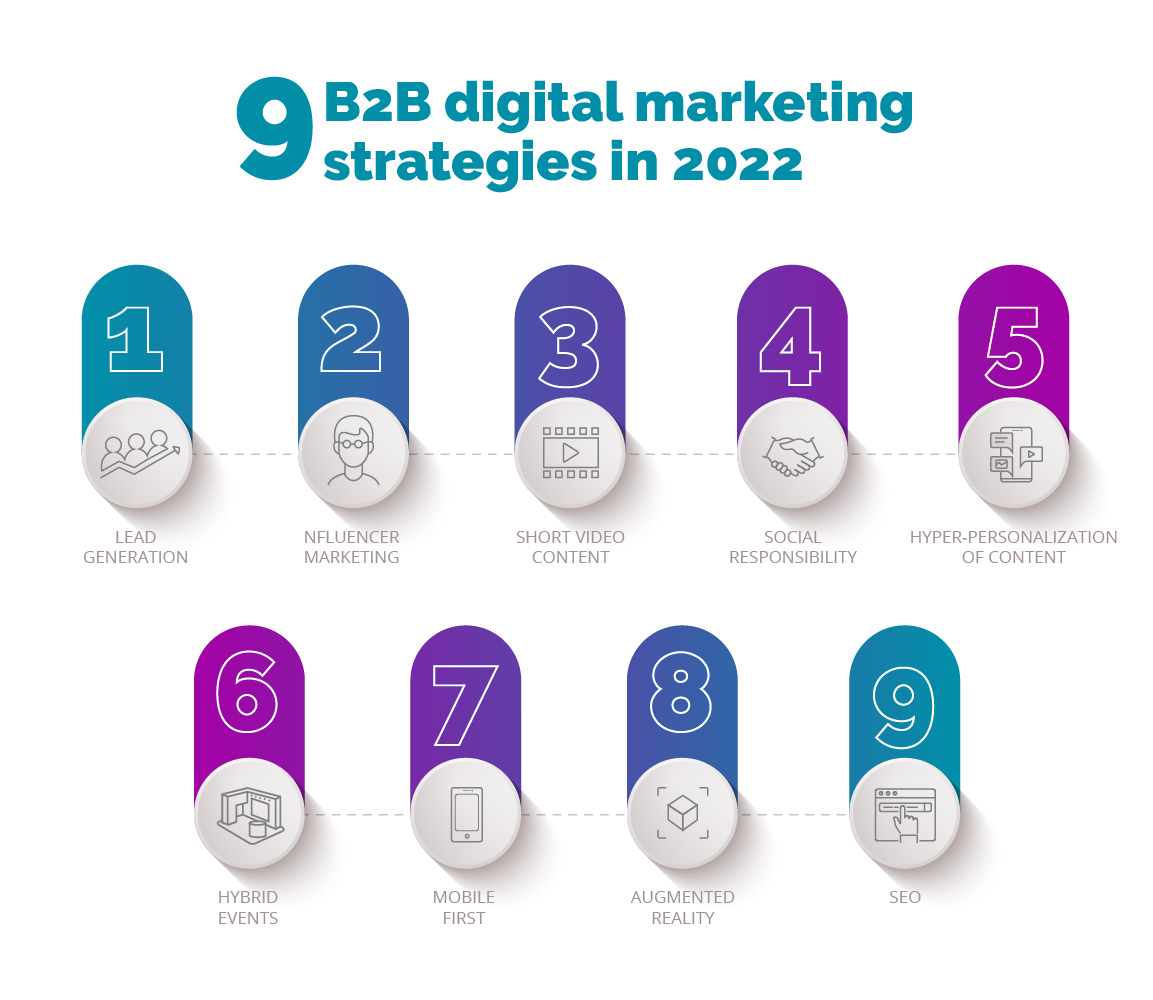 We hope you found our review of Digital Marketing Trends for 2022 beneficial; at the end of the day, it is part of our expertise in being the strategic B2B partner you need in this challenging year. At Isource Marketing we specialize in developing customized marketing strategies according to the needs of your business and adapted to the market. You can contact us by clicking here.
We hope you found our review of Digital Marketing Trends for 2022 beneficial; at the end of the day, it is part of our expertise in being the strategic B2B partner you need in this challenging year. At Isource Marketing we specialize in developing customized marketing strategies according to the needs of your business and adapted to the market. You can contact us by clicking here.

Project Account Manager
Passion: Nature and well being




